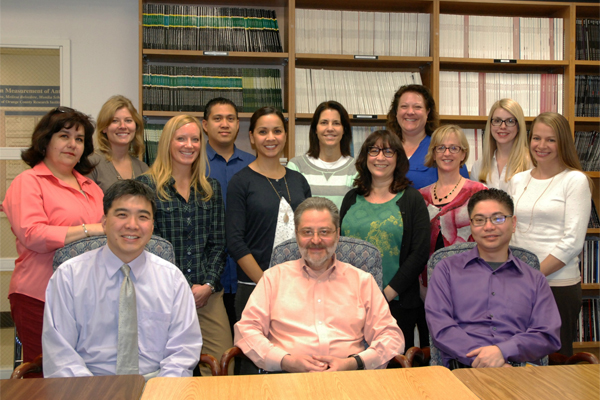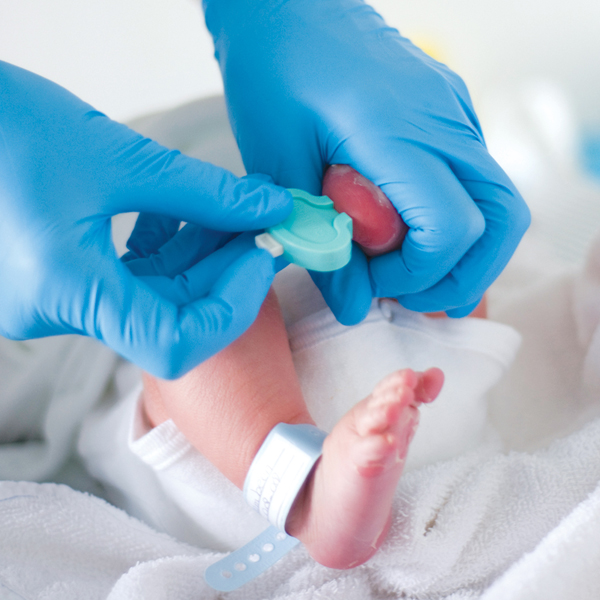Meet CHOC’s Specialists: Metabolic Disorders
It should come as no surprise that Dr. Jose Abdenur’s favorite fictional M.D. is Gregory House, television’s sleuthing physician known for deducing elusive diagnoses.
After all, Dr. Abdenur serves as chief of CHOC Metabolic Disorders Division, which specializes in diagnosing rare conditions that require hours of unraveling symptoms, researching cases and analyzing data to give parents long-sought answers to what’s ailing their child.




















